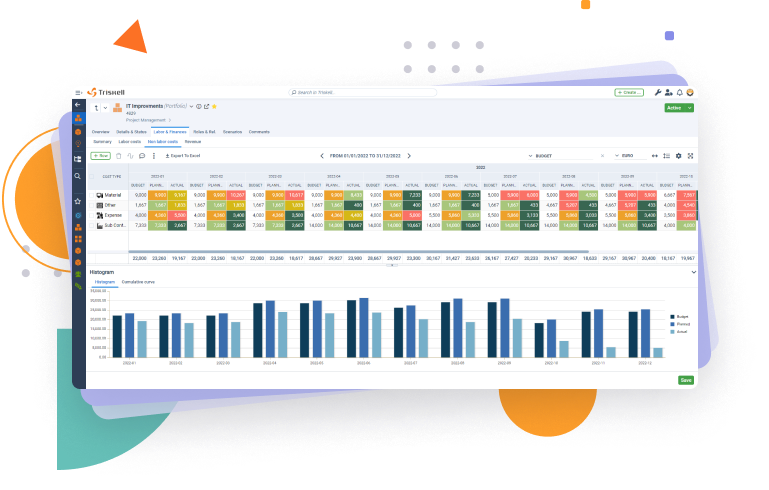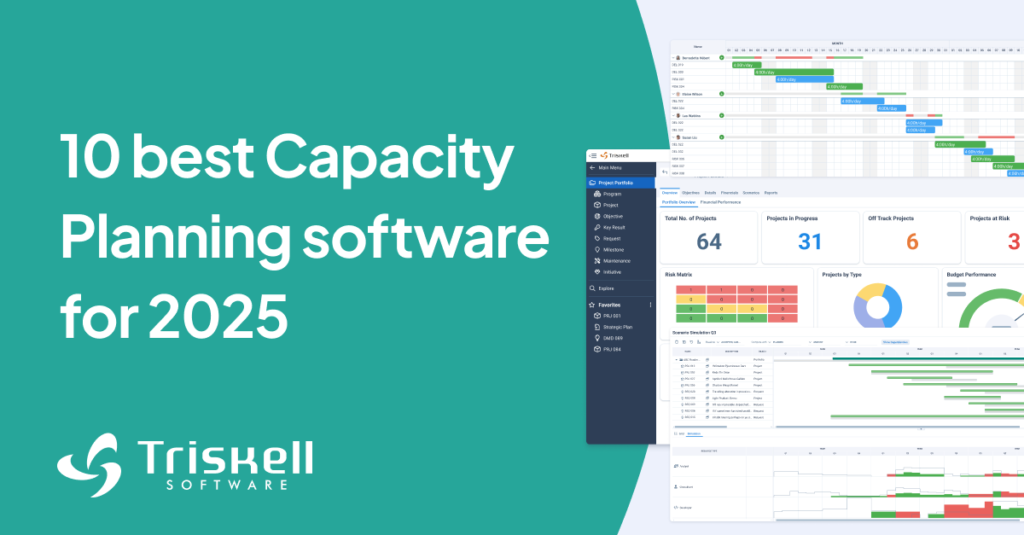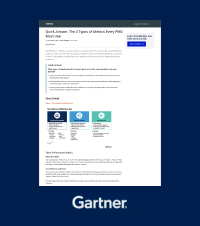Why SAFe needs true Portfolio Management

In the dynamic landscape of software and systems development, organizations grapple with challenges that demand an agile approach. This is where the Scaled Agile Framework (SAFe) emerges as a transformative solution.
This article delves into the significance of integrating true portfolio management within the SAFe framework and its implications for organizations undertaking large, high-dollar projects.
What is SAFe? Scaled Agile framework explained
Let’s start this off by first ensuring that we all understand what SAFe means or is. The Scaled Agile Framework (SAFe) helps businesses address the significant challenges of developing and delivering enterprise-class software and systems in the shortest sustainable lead time. It is a freely revealed, online knowledge base of proven success patterns, for people building the world’s most important software and systems. It is freely available from Scaled Agile, Inc.
SAFe helps companies meet the challenges of software development and delivery
SAFe is designed to foster alignment, collaboration, and delivery efficiency across multiple Agile teams working within an organization. Its creation was driven by hands-on practitioners who integrated three core knowledge areas:
- Agile software development.
- Lean product development.
- Systems thinking.
The foundation of SAFe was initially built around a comprehensive view of how work processes move from product management, involving all key stakeholders, through various governance and development phases, and finally reaching the customers eager for new solutions.
SAFe evolved through continuous collaboration within the Agile community. After years of refinement, the framework was officially introduced in a 2007 publication. It continues to be an evolving body of knowledge, freely accessible, with a robust training and certification system supporting teams and individuals aiming to implement, support, or teach the framework. The latest iteration of SAFe, version 6.0, reflects ongoing advancements in Agile methodologies.
SUBSCRIBE TO OUR NEWSLETTER
Get stories like this in your inbox
The SAFe Framework and Portfolio Management
From a project management standpoint, SAFe is important because of its adherence to collaboration and how well it can be leveraged for large, high dollar complex projects within an organization. The key applications of SAFe are:
- Enterprise architecture.
- All enterprise integrations.
- Global governance, scalability.
- Funding across the organization.
Having this blueprint means we can get to better quality faster and make the appropriate cultural shifts that are required. It helps you map the traditional roles within the organization to the new ones required for Agile transformation. It essentially outlines a path to a continuously improving empirical system which is what Agile is all about.
SAFe implementation and adoption process may take even years if you don´t work with an Agile partner
It may be very helpful to consider working with an Agile partner when implementing and adopting the SAFe platform in the organization. This will likely allow any organization to get from point A to point B more efficiently, less costly and in a more timely manner. Otherwise, it may take a considerable amount of time – years even for the implementation and adoption process. This allows an organization to accelerate the process by leveraging patterns that have emerged through SAFe’s battle-tested guidance as a result of engagement with an experienced partner.
Why Does SAFe need Portfolio Management?
The metrics are certainly there to prove the value of SAFe. Some organizations have seen improvements in quality, productivity, and time to market by a factor of up to 10 times the norm for other non-SAFe platform products. There is often far less risk involved since the organization is moving forward with known patterns rather than a lengthy, home-grown and undocumented process that may or may not yield results at the end. Everyone can point to the framework and see the roles, artifacts and ceremonies and read their descriptions.
C-level executives, PMO directors, product managers, and other stakeholders make critical decisions about where to invest an organization’s resources when developing products and services. Portfolio management is needed for the SAFe platform because it provides for more simple processes and practical techniques for the effective management of portfolios across the business of all their current and upcoming related initiatives. These techniques are relevant for product development in any industry, including hardware and software. The need is enterprise wide, industry wide and can be applied to projects and programs of really any size large or small.

AGILE PORTFOLIO MANAGEMENT
Make SAFe implementation a reality with Triskell
Learn more about Triskell’s Agile PPM solution
Conclusion: embracing SAFe Portfolio Management for organizational excellence
In conclusion, SAFe’s transformative impact on organizations is undeniable. However, to unlock its full potential, integrating SAFe Portfolio Management is imperative. As C-level executives and decision-makers navigate the complex terrain of resource allocation, effective portfolio management provides the necessary simplicity and practicality.
SAFe Portfolio Management isn’t just a requirement; it’s a strategic imperative for organizations aspiring to achieve excellence in product development, be it in hardware or software. Embrace SAFe Portfolio Management and propel your organization toward a future of efficiency, innovation, and sustained success.
Request a demo of Triskell Software
Triskell meets all the requirements for your organization’s PMO to take a step forward in aligning your project portfolio with strategic planning.

FAQ about SAFe Portfolio Management
What are the biggest challenges organizations face when adopting SAFe Portfolio Management?
One of the biggest challenges organizations face is cultural change. Shifting from traditional project management to a more Agile, portfolio-based approach requires a new mindset, especially at the executive level.
Additionally, aligning multiple teams with different processes and priorities under a single portfolio can be complex.
Another challenge is ensuring that the organization has the right metrics and tools to support ongoing feedback and alignment across initiatives. Working with experienced Agile partners can help mitigate these challenges.
Do small organizations need SAFe Portfolio Management, or is it only for large enterprises?
While SAFe Portfolio Management is often associated with large enterprises, small and medium-sized organizations can also benefit from it. The scalability of SAFe allows it to be tailored to the size and needs of any organization.
Smaller organizations can use Portfolio Management to streamline decision-making, ensure alignment between projects and strategic goals, and efficiently manage limited resources across multiple initiatives.
How does SAFe Portfolio Management help in improving decision-making?
SAFe Portfolio Management improves decision-making by providing a clear, structured framework that aligns initiatives with strategic objectives. It helps decision-makers at the executive level to evaluate trade-offs, prioritize investments, and allocate resources more effectively.
Through continuous feedback and alignment mechanisms, it ensures that decisions are based on the most up-to-date information, thus reducing risks and enabling faster course corrections when needed.
Related Content

CAPEX vs OPEX: strategies for managing budgeting in IT Projects
Learn about the impact of CAPEX and OPEX on IT project budgeting and discover best practices to manage them effectively in this guide.

The ultimate PMO guide: roles, responsibilities and best practices for successful implementation
Learn everything about PMOs: roles, responsibilities, and best practices for successful implementation. A must-read guide for project managers..

10 best Capacity Planning software & tools in 2025: the ultimate guide
Explore the top 10 capacity planning software and tools for PPM. Compare features, pricing, and find your best fit for your business.

